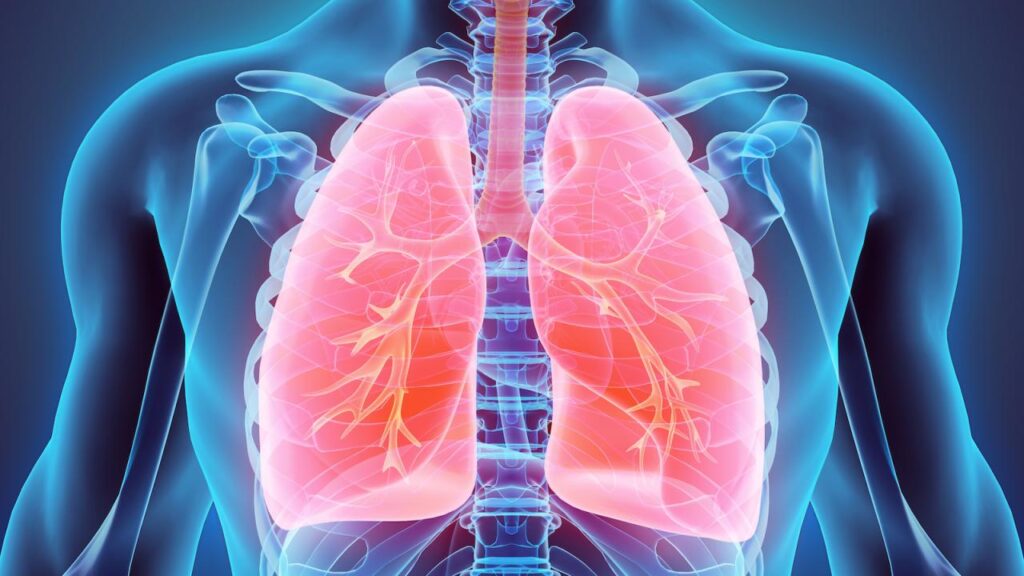Your lungs are one of the most hardworking organs in your body. Every breath you take brings in oxygen your body needs to function—and every exhale gets rid of waste gases like carbon dioxide. But just like any other part of your body, your lungs can get tired, damaged, or sick, especially with age, pollution, smoking, or untreated infections.
Sometimes, we ignore the little signs our body gives us. But when it comes to your lungs, early warning signs should never be taken lightly. If you’re experiencing any of the following symptoms regularly, it may be a sign that your lungs are not in their best condition and need attention:
1. Shortness of Breath (Even With Light Activity)
If climbing a short flight of stairs or walking a short distance leaves you gasping for air, it’s not just “getting older”—your lungs may be struggling to deliver enough oxygen.
2. Frequent or Persistent Cough
A dry or wet cough that sticks around for weeks may indicate something more serious than a common cold. Chronic coughing is often linked to lung conditions like asthma, chronic bronchitis, or even early-stage lung disease.
3. Chest Tightness or Pain
Feeling tightness, pressure, or pain in your chest—especially when breathing deeply or coughing—can be a warning sign of inflamed or infected lungs.
4. Wheezing or Whistling Sound While Breathing
If your breath sounds strained or whistly, it might be due to narrowing airways, which is common in conditions like asthma or COPD (Chronic Obstructive Pulmonary Disease).
5. Constant Fatigue
When your lungs aren’t working properly, your body doesn’t get enough oxygen. As a result, you may feel tired, weak, or foggy all the time—even after resting.
6. Frequent Respiratory Infections
If you’re catching colds, bronchitis, or pneumonia often, your lungs might be more vulnerable than they should be.
What You Can Do:
Quit smoking if you haven’t already.
Avoid polluted environments.
Exercise regularly to strengthen your lungs.
Eat antioxidant-rich foods (like berries, spinach, garlic).
Visit a doctor if symptoms persist—early diagnosis saves lives.
Your lungs don’t have a loud voice—but they speak through these subtle signs. Listen to them. Protect your breath. Your life depends on it.
